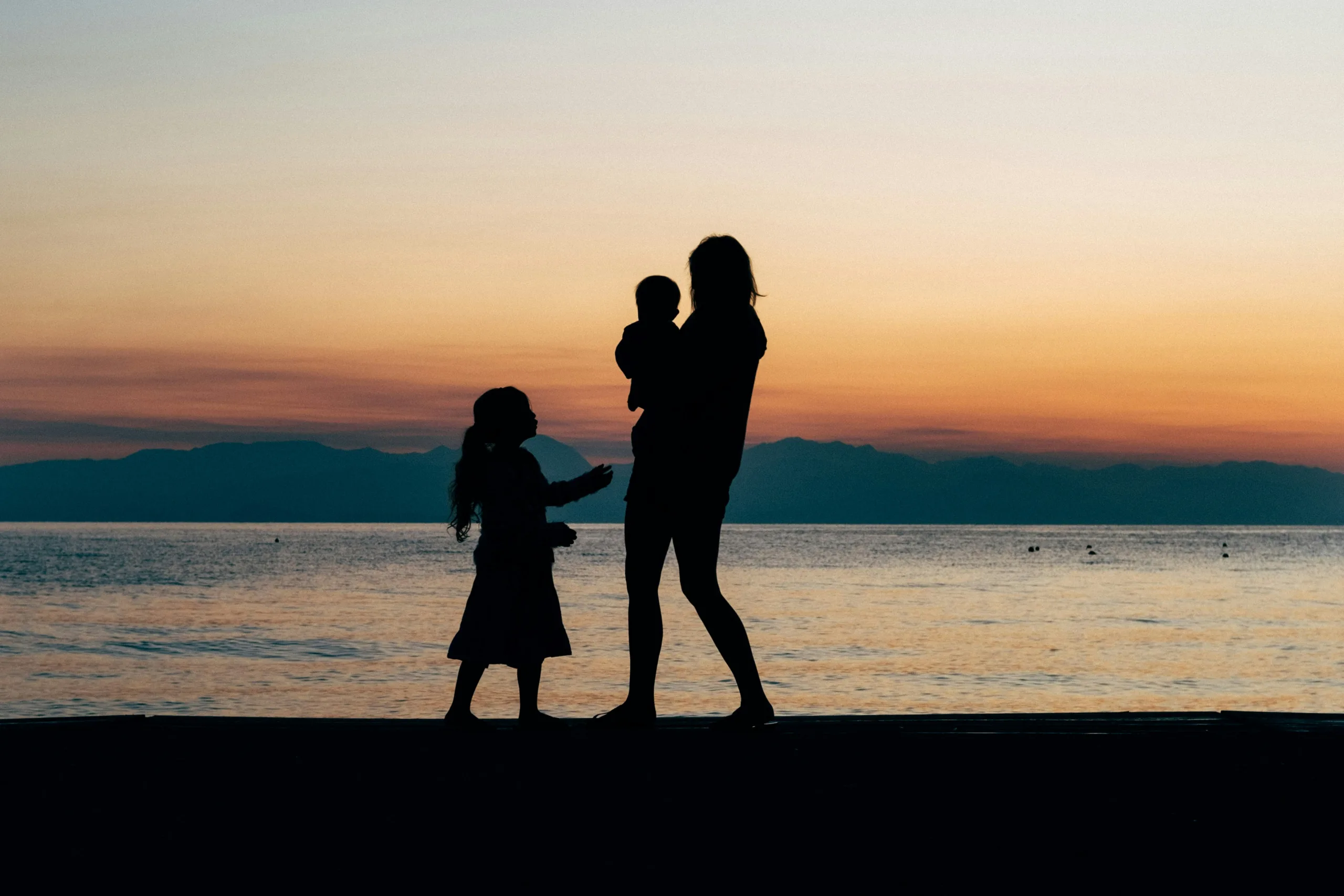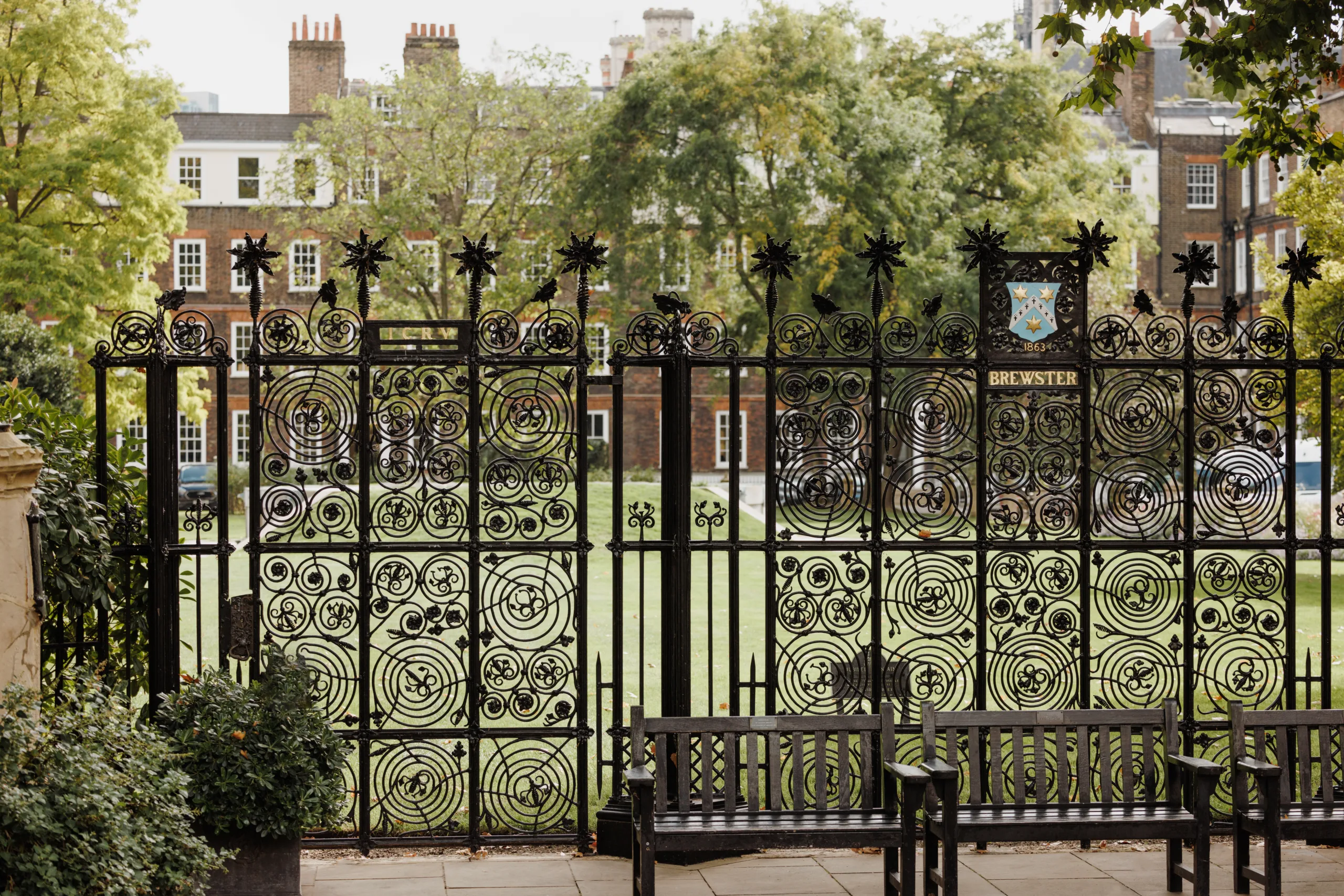
Adoption
Adoption is the process by which a child becomes a permanent member of a new family. It is a challenging and rigorous process at which the welfare of the child is at the heart of the decision making process. Adoption can be transformative – both for the child and the adoptive family but it is a stringent process and needs to be navigated carefully.
Click to view our Essential Guide to managing and growing your family in the modern world.
Our expert team of lawyers are able to work with you to guide you through every step of the adoption process with compassion and ensure that you understand the procedure. It is vital to ensure that all of the legal formalities are properly complied with and our lawyers are committed to providing the highest quality support for your unique circumstances.
Our lawyers understand the complexities of the law in this area but also offer sympathetic advice and support, at all times recognising the highly emotional nature of these proceedings.
We are able to act in both contested and uncontested adoptions. An example of our work can be seen in the reported case of Prospective Adopters v London Borough of Ealing (1), SK (2), NS (3), and E (by the children’s Guardian) AS (4) [2023] EWFC 294 in which we were able to successfully obtain an Adoption Order which was opposed by the birth parents.
Services
FAQS
Adoption is the legal process by which a child becomes a permanent member of a new family.
An adoption order is an order giving parental responsibility for a child to the adopters, made on their application to the court. This order will also simultaneously extinguish the parental responsibility that any person had for the child immediately prior to the making of the order. The making of an adoption order also extinguishes any ‘family life’ rights under ECHR, Art 8 that may have existed between a child and his/her natural parents.
Upon the making of an adoption order, the child will be seen as the legitimate child of the adopter(s), as if he/she had been born to the adoptive couple or sole adopter.
The child’s welfare is the court’s paramount consideration when considering the making of an adoption order.
An application for an adoption order can only be made in relation to a person who is under 18 years old at the date of the application. There is no statutory condition concerning the child’s residence, nationality or domicile.
A heterosexual or same-sex couple or sole individual can adopt a child.
There are no limitations on applications for adoption by relatives or step-parents, but special considerations may be given to the impact upon the family if an adoption order was made.
For a couple to adopt, and in circumstances where neither is the natural parent, they must meet the following criteria:
• Each of the applicant couple must have attained 21 years, except where one is the mother or father of the child;
• At least one of the couple must be domiciled in the British Isles or both of the couple have been habitually resident in a part of the British Isles for a period of not less than one year ending with the date of the application; and
• The applicants must be married, in a civil partnership or in an enduring family relationship.
The natural father or mother may make a joint application with his/her spouse or partner to adopt his/her own child. Here the age requirement for the natural parent lowers to 18, not 21 years of age.
A single applicant can adopt a child upon meeting the following criteria:
• He/she must be domiciled in the British Islands or he/she has been habitually resident in the British Islands for a period of not less than one year ending with the date of the application;
• He/she has attained 21 years of age;
• He/she is unmarried (or if married and in a civil partnership the court is satisfied that the relationship is no longer existing or his spouse/civil partner is unable to make an application for an order).
Before an adoption process can begin, the proposed adopters must contact social services, notify them of their intention to adopt (either in the UK or from overseas) and undergo a comprehensive assessment process to determine if they are suitable to adopt. Once proposed adopters are approved, a social worker will assist them in finding a child.
Inter-country adoption is the adoption of a child who is habitually resident in one country by an individual or a couple who are habitually resident in another country. For those residents in England and Wales, inter-country adoptions are subject to the Adoption and Children Act 2002 and the Adoptions with a Foreign Element Regulations 2005. Some countries are subject to further adoption restrictions. It is a highly technical area of law involving complex regulatory and immigration issues so you should seek specialist advice.
There are three types of inter-country adoption:
• A Convention adoption: where the child and the adopters are habitually resident in different countries, both of which are contracting States to 1993 Hague Convention. The Convention is an international agreement designed to establish safeguards to protect the best interests of the child and to prevent child trafficking. A full adoption effected under the Hague Convention will be recognised automatically as a valid adoption in England and Wales. British citizenship for the child will automatically follow, if at least one of the prospective adopters is British and habitually resident in Britain;
• A Designated List adoption: adoptions in countries listed in the Adoption (Designation of Overseas Adoptions) Order 1973 are recognised in UK law. However, unlike with a Hague Convention adoption, British citizenship for the child is not automatic.
• Other adoptions: for adoptions not falling into the categories above, you will need specialist advice. You might need to apply for adoption in the destination jurisdiction as well as in the UK. Here the child will have to apply for British citizenship.
You will need to contact an authorised UK adoption agency and ask to be formally assessed.
You will undergo a comprehensive Home Study Assessment with an allocated social worker over many months. An adoption panel will then consider the findings of the assessment. If you are successful, your application will be sent to the UK’s Central Authority (the Department for Education), and they will issue you with a Certificate of Eligibility to adopt which is translated, notarised and sent to the authorities in the country from which you would like to adopt. There is a fee for processing this application. The process of matching with a child varies significantly from one country to another so you will need to take specialist adoption and immigration advice.
Insights


Payne Hicks Beach Family Team shortlisted at the Chambers HNW Awards 2024




